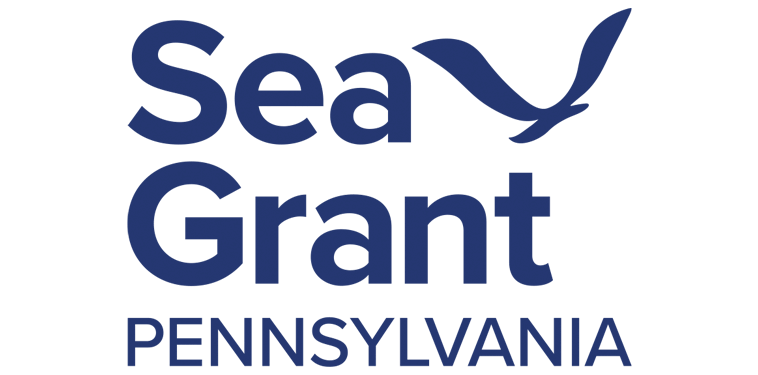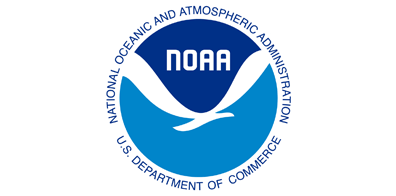Research

The 2026 Request for Proposals Period is Closed
Thank you to all researchers who submitted proposals for the 2026 research funding cycle. Updates and details will be shared as soon as possible.
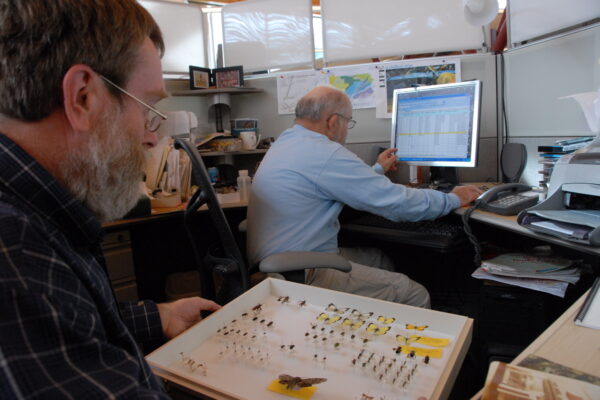
Pennsylvania Sea Grant casts a wide net to gather input and data from partners across the Commonwealth to ensure that research topics focus on critical issues that impact our Great Lakes, coastlines, and watersheds. This research has the potential to yield solution-based results to assist decision makers, address pressing coastal and watershed issues, and develop or update statewide ecosystem management strategies.
Since 2012, Pennsylvania Sea Grant has invested $5.7 million, supporting 76 competitive research projects conducted by 26 institutions, which has also led to research experience for 194 undergraduate, and over 70 graduate/Ph.D students.
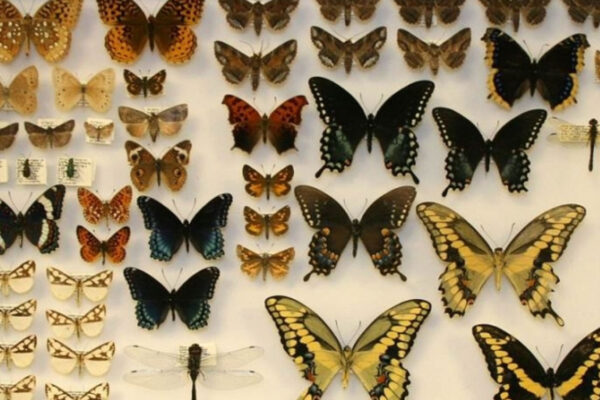
Natural History Museum
Pennsylvania Sea Grant oversees the Natural History Museum at the Tom Ridge Environmental Center in Erie, PA. The museum is a depository for natural history specimens collected primarily from northwest Pennsylvania, and serves as a resource for scientific studies of the ecology of the region.
Contact
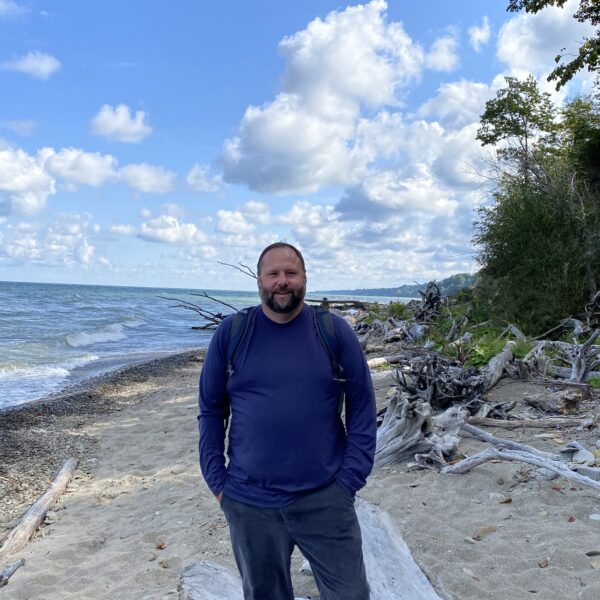
Sean Rafferty, Ph.D., joined Pennsylvania Sea Grant in 2001, and currently serves as research director. Sean is responsible for directing and overseeing the Research and Fellowship Program; directing, overseeing, and conducting ecological-based research and extension projects;
